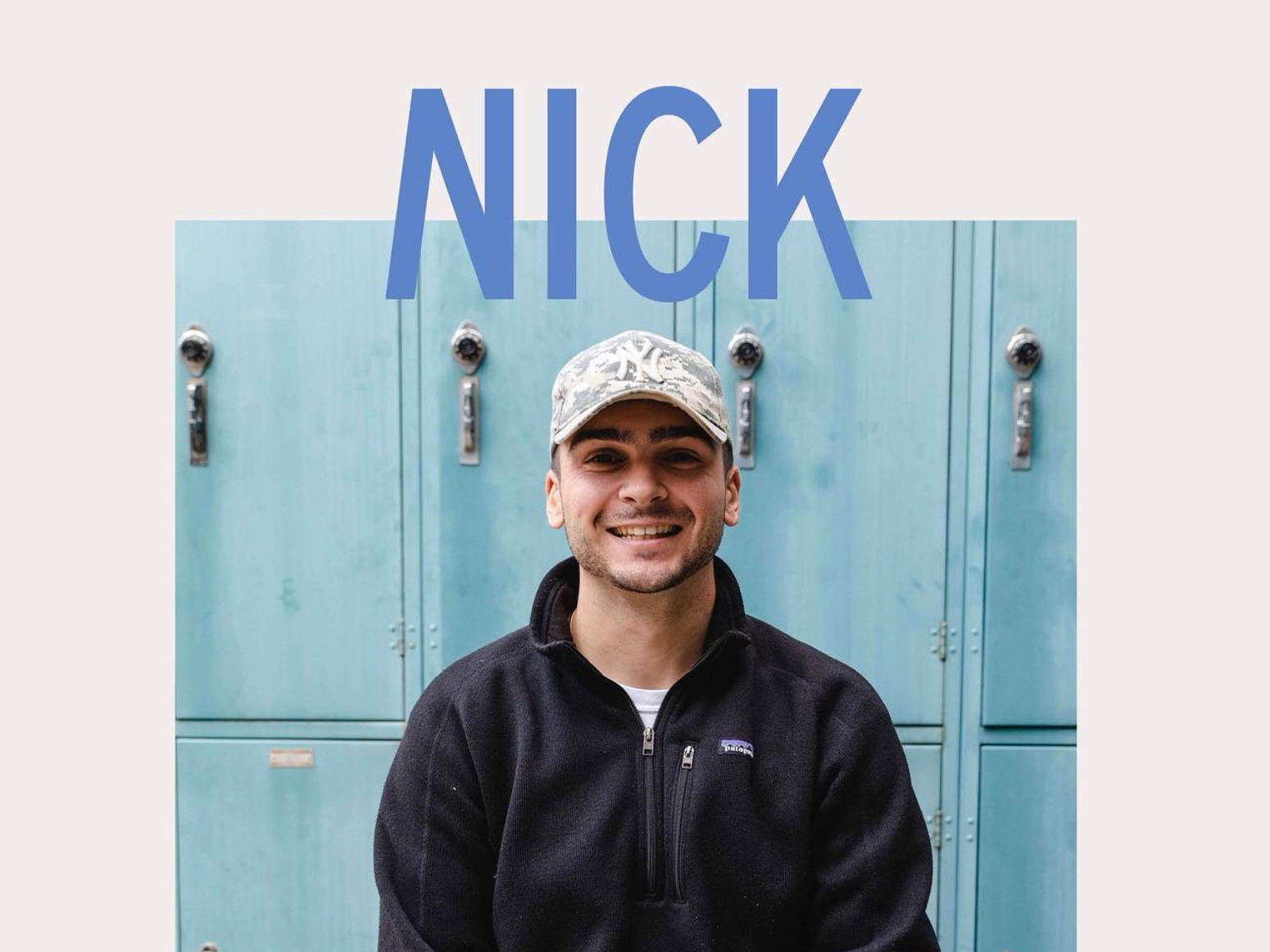As a graphic designer and as an artist, Claryssa has always found the most gratification through creating work that amplifies her voice and the voices of those that have inspired her. Her work examines the issue of how this country criminalizes mental health through its policing and exposes the exhausting narratives of prejudice and discrimination that govern the lives of this nation's majority by focusing on one individual's story: Terence Andrus.
Throughout university, she has learned the language necessary to describe the flaws in how the country operates public schools, flaws she witnessed first hand throughout her education. Systems of public education, at least those that cater to the majority of America's children, are underfunded, understaffed, and undertrained. They do not have the means to reasonably and safely teach students that have mental health needs, so they don't. These students are forced to the edges of classrooms and as a result often act out, resulting in long-lasting disciplinary action, usually relocation to a juvenile detention facility. According to a 2015 study conducted at MIT, youths that have been placed in the juvenile justice system are 23% more likely to become adult offenders. In fact, in recent years, the American public school has become an extension of the growing and privatized prison industry, an industry that directly benefits from increasing the number of poor, disenfranchised inmates
Terence Andrus was one of many children who have been affected by this phenomenon. He grew up in Houston, Texas and was the second oldest of five kids born to a single mother. The community they lived in was debilitated by under-resourced schools and a juvenile justice system that was punitive in the extreme. He was constantly trying to serve as a caretaker for his siblings while his mother sold drugs on the street. In an essay he wrote he states "As people learn about my case, I hope they recognize that I am not unique. When I hold up a mirror and reflect on my story, I see so many eyes looking back at me. I would like people to understand and empathize with the lives that have been shaped by America's history. My life is not only a single instant when two innocent people ended up deceased because I stumbled across their path. My life up to that time, because of the circumstances I'd been dealt, reflected no real guidance" He was sentenced to death in 2012 by a jury that was unaware of his diagnosis of affective psychosis - a mood disorder causing hallucinations for which he was diagnosed in elementary school - parental neglect as a child, or the trauma he endured in juvenile detention. On January 21st, 2023, Terence Andrus hung himself at the age of 34 a little more than 6 months after the U.S. Supreme Court denied review of his case for a second time.
Claryssa's goal as an artist is to create work that is personal but also expresses a call to action and invokes feelings of social responsibility. In this series, her prints use the merging of abstraction and simplification to juxtapose the realist images of Terence Andrus. To create a sense of confinement, she framed her prints in shadow box-like frames that represent jail cell bars. She wants people to empathize with Terence Andrus and hopes to bring awareness to the ongoing issues surrounding the criminalization of our children and their mental health.









